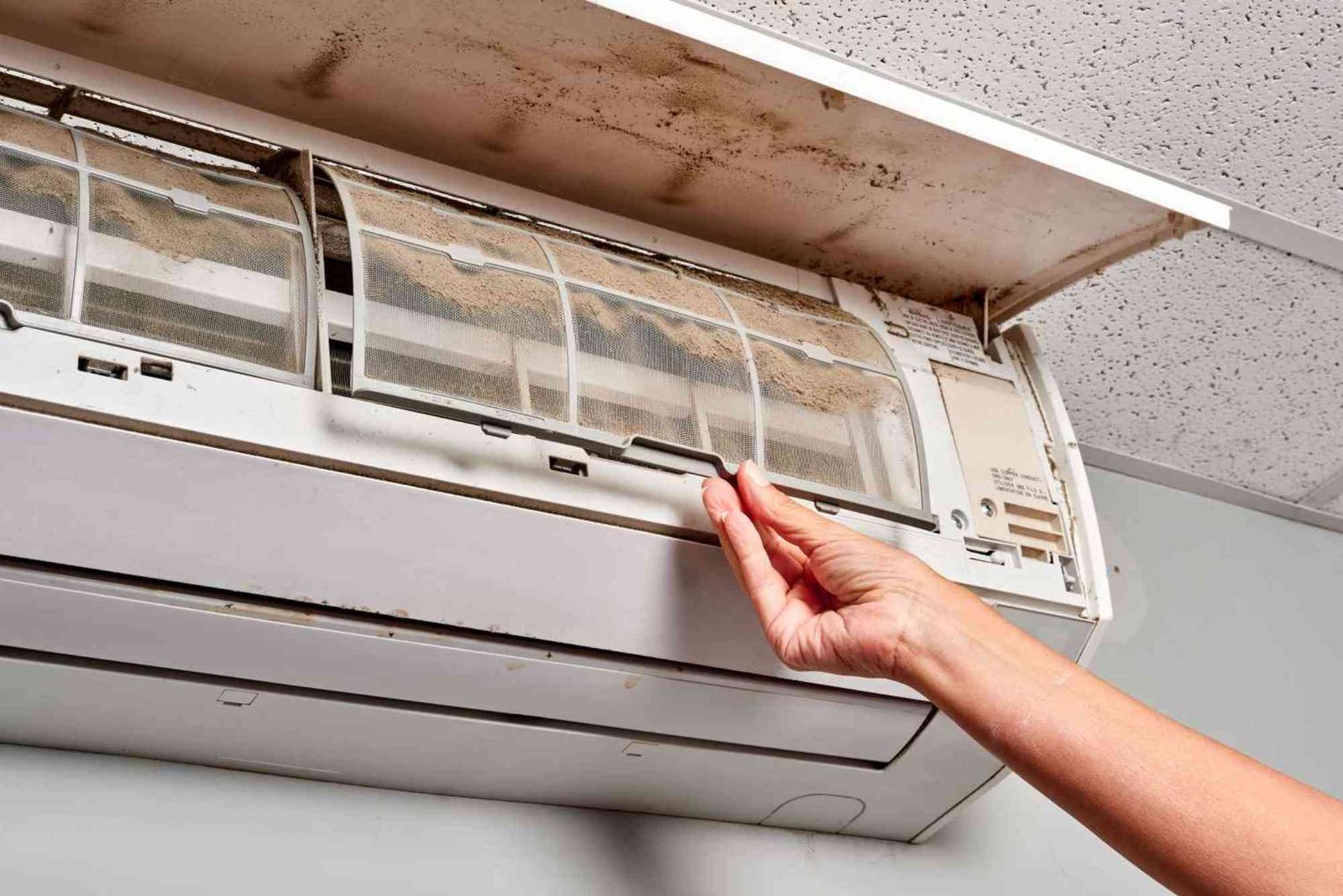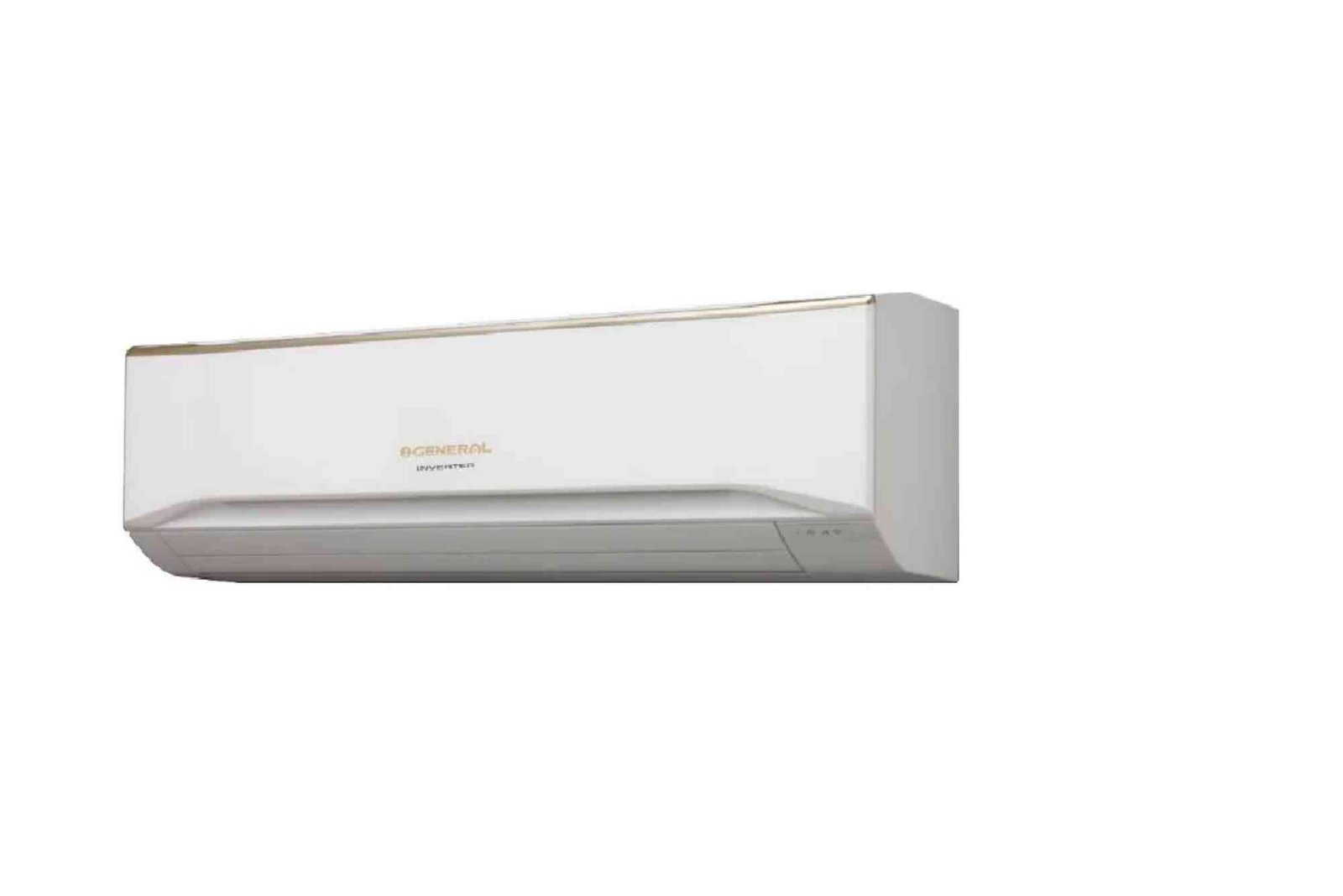Understanding whether you can list your unit on Airbnb involves more than just clicking a button. From legal considerations to practical hosting tips, this guide will walk you through each step with firsthand insights drawn from my own experience as a property owner and host.
Assessing Zoning and Lease Restrictions
Before you even think about drafting your listing, it’s critical to confirm you’re allowed to sublet or host short-term guests in your building. Many residential complexes classify Airbnb-style rentals as “commercial activity,” which may violate homeowners’ association (HOA) rules or lease agreements. Reaching out to your property manager or HOA board can save you from hefty fines—or worse, an eviction notice.
If you live in a building with no explicit rules against short-term rentals, double-check the fine print of your lease or homeowner covenants. In my case, I discovered that a simple addendum requesting sublet permission was all I needed, which the building manager approved within a week.
Complying with Local Regulations and Taxes
Cities around the world have embraced or restricted short-term rentals with varying degrees of enthusiasm. You’ll want to investigate local legislation regarding licensing, occupancy limits, fire safety inspections, and transient occupancy taxes (TOT). For example, many municipalities require hosts to register for a permit and collect up to 15% in tourist taxes from guests.
I recommend visiting the official site of your city or county tourism board for clear guidance. If you’re considering a property brand like REEF 998, you can explore details on unit amenities and community guidelines at REEF 998 to ensure you meet any brand-specific hosting standards.
Preparing Your Unit for Guests
A successful Airbnb listing hinges on the guest experience. Start by deep cleaning your REEF 998 unit, decluttering surfaces, and staging key living areas with neutral décor and comfortable furniture. As someone who’s hosted over 50 reservations, I’ve learned that small touches—a welcome basket with local snacks and clear instruction manuals for appliances—often lead to five-star reviews.
Pay special attention to the bedroom linens, kitchen essentials, and bathroom supplies. I once received a booking cancellation because the host neglected to provide extra towels. Don’t let that happen to you; stock up on at least two fresh sets of towels per guest.
Crafting an Effective Listing
Your Airbnb listing is your sales pitch. Use vivid, honest descriptions and high-quality photographs to showcase your space. Highlight unique features of your REEF 998 unit—perhaps it has floor-to-ceiling windows overlooking the city or a gourmet kitchen perfect for cooking enthusiasts.
Write from the guest’s perspective: what would make you choose this property over a hotel? In my listings, I always describe the feeling of starting the day with a coffee on the balcony, watching the sunrise over the skyline. It’s these sensory details that help travelers visualize their stay and click “Book.”
Setting Competitive Rates
Pricing is a balance between maximizing income and maintaining occupancy. Research comparable listings in your neighborhood to see what nightly rates they charge. Consider seasonal demand, local events, and weekends versus weekdays. I use dynamic pricing tools that adjust rates automatically based on market trends, but you can also manually tweak rates every fortnight.
Offering a slight discount for weekly stays can attract longer-term guests, reducing turnover and cleaning costs. My Airbnb calendar usually fills fastest when I set a minimum three-night stay with a 10% weekly discount.
Managing Guest Communication
Fast, clear communication is the bedrock of hospitality. Respond to inquiries within an hour whenever possible. Provide detailed directions, check-in instructions, and house rules in advance. I’ve found that automated messaging through Airbnb’s platform helps maintain consistency—just personalize key details like guest name and booking dates.
Ahead of arrival, send a brief welcome message including Wi-Fi credentials and emergency contact info. It reassures guests and cuts down on last-minute calls asking, “Where’s the router password again?”
Ensuring Safety and Security
Guests expect a safe, secure environment. Install reliable door locks—smart locks are a popular choice—and test smoke and carbon monoxide detectors monthly. I keep a small fire extinguisher in the kitchen and leave clear instructions for evacuation in case of emergency.
Consider purchasing short-term rental insurance to cover property damage or liability beyond what Airbnb’s Host Guarantee provides. In my experience, the peace of mind is worth the annual premium.
Handling Cleaning and Turnovers
Between check-outs and check-ins, swift turnovers are vital. Create a detailed cleaning checklist covering every nook and cranny. I partner with a local cleaning service that specializes in Airbnb properties; they follow my checklist, restock essentials, and report any maintenance issues.
On days with back-to-back bookings, I schedule a two-hour buffer to allow cleaners to work without feeling rushed. This small buffer has saved me countless negative reviews over missed spots.
Monitoring Performance and Improving
After you launch, track key metrics: occupancy rate, average nightly rate, and guest reviews. Airbnb’s dashboard provides a performance report, but I also record data in a simple spreadsheet to spot trends over months. If you see a dip in bookings, reevaluate your pricing, refresh your photos, or solicit guest feedback.
I once discovered that updating bedroom pillows to a hypoallergenic variety boosted my review score from 4.7 to 4.9. Always look for incremental improvements.
Dealing with Challenges and Legal Issues
No hosting experience is without hiccups. From no-show guests to noise complaints, you’ll face occasional challenges. Airbnb’s resolution center can help mediate disputes, but proactive communication can often prevent issues. For example, guests are less likely to throw late-night parties if you clearly state quiet hours in your listing and welcome message.
If a guest causes significant damage, document everything with photos and report it immediately through Airbnb. Having a clear, written house manual and signed rental agreement helps support your claim.
Conclusion: Is It Worth It?
Renting out a REEF 998 unit on Airbnb demands time, attention, and sometimes an initial investment in branding and furnishings. But for many property owners, the financial returns and the joy of hosting travelers are well worth the effort.
By navigating local regulations, hosting with empathy, and continuously refining your process, you can create a seamless experience that benefits both you and your guests. If you’re ready to transform your extra living space into a profitable short-term rental, your REEF 998 unit could be the next hit listing on Airbnb. Just remember: success lies in the details—from zoning compliance to that final “thank you” note you leave behind.




